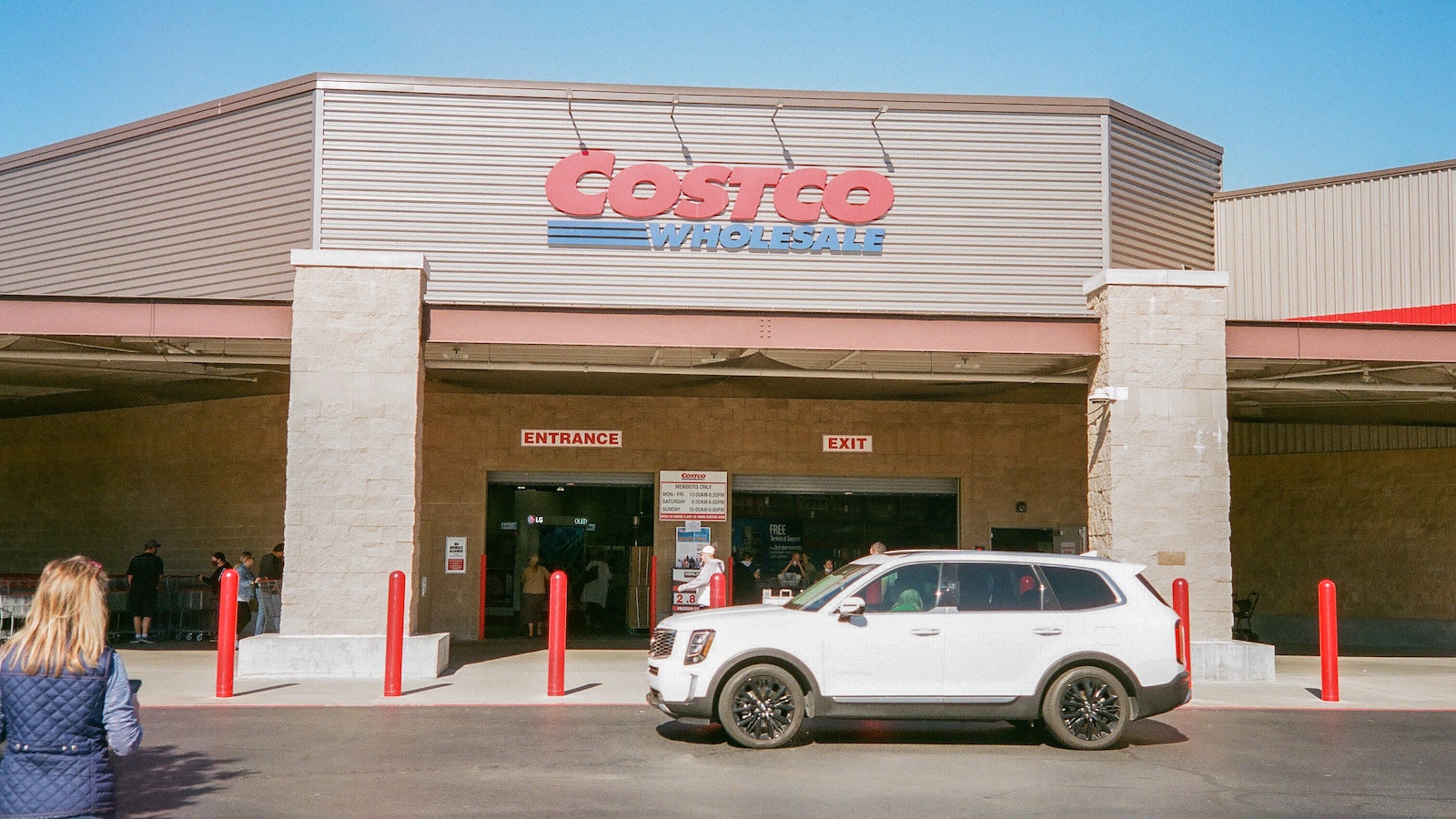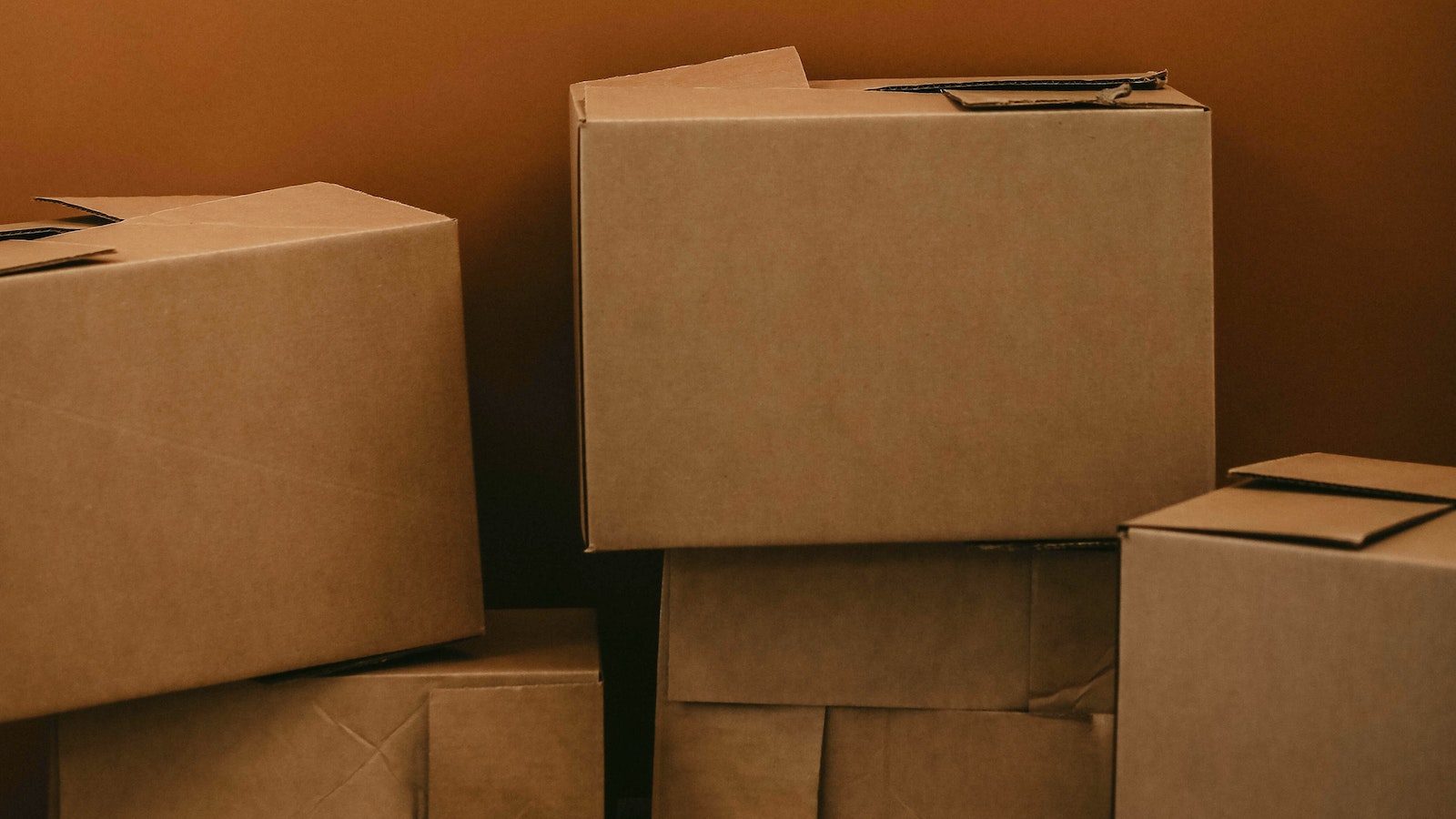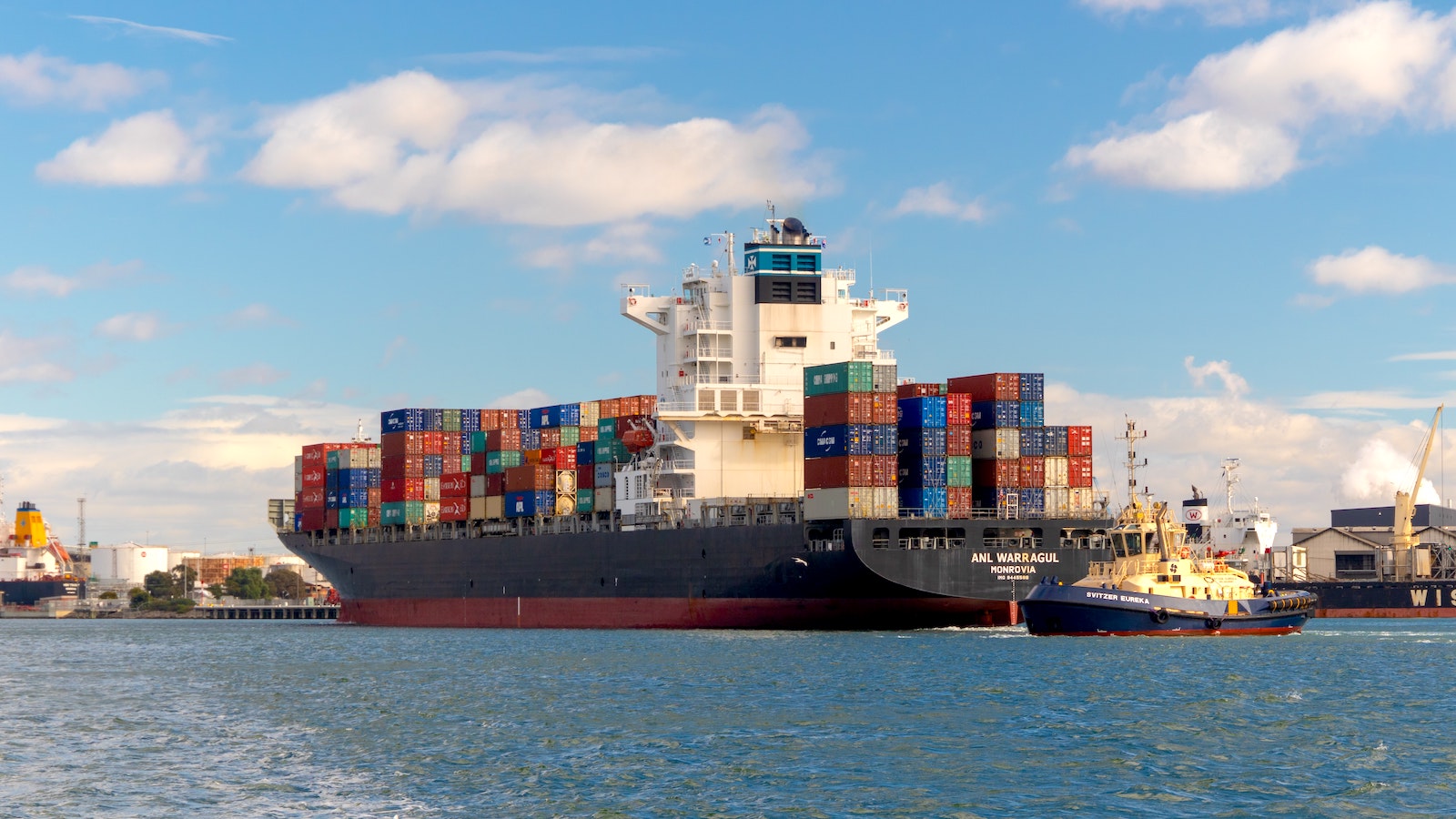Table of Contents
** Minutes
What is the difference between wholesale vs. retail?
Should I do wholesale or retail?
What about wholesale & retail?
As you plan to enter the ecommerce market, there are many things to take into consideration. For instance, omnichannel retail would require a strategic decision about the sales channels you plan to utilise and how to combine them seamlessly. One of the most important considerations is the business model–whether you plan on general B2C ecommerce retail or go the B2B ecommerce route and get into wholesaling.
Your choice of business model will influence the rest of your business strategy and how your supply chain is set up. So if you’re having a hard time choosing between the two, this post will help you make an informed decision. In this guide, we discuss the differences between wholesale and retail and compare the benefits of each model. Let’s dive in.
What is the difference between wholesale vs. retail?
The biggest difference between wholesale vs. retail is in the type of buyer. While retail involves selling products directly to the end consumer, wholesale involves selling products in bulk to other businesses such as retail stores.
What is wholesale?
Wholesale is the process of buying large quantities of goods from manufacturers or distributors and then reselling them in bulk at a discounted price to other businesses. Although wholesalers sell their goods at a lower price, they still manage to get profit from the transaction because their selling price is higher than their original buying rate.
For example, a wholesaler may buy 1000 pairs of socks at $2 per pair for a total of $2,000. They could then sell 100 pairs of socks each to 10 different retailers at three times the price of the original rate at $6 per pair. After deducting the cost of storage and delivery, they could end up with significant profits.
To sum up, wholesalers:
- Buy large quantities of products from wholesalers and distributors at wholesale rates.
- Resell the products in bulk (but in smaller quantities) to retail stores and other businesses at a profit.
- Do not sell directly to the end consumers.
In some cases, manufacturers may also sell their finished products directly to retail stores, wherein they become the wholesaler themselves instead of having a separate intermediary.
What is retail?
Retail is the process of selling products directly to the end-user. A retail business would buy goods in bulk either from a wholesaler or distributor or directly from the manufacturer at a discounted rate. They would then sell them individually at a higher price, which allows them to make a profit from the transaction.
In short, a retail business serves as the final point of contact in the supply chain as they sell the products directly to consumers.
For example, a retailer may buy 100 pairs of socks for $6 per pair and then sell them for $12 each. This allows them to make a profit after necessary deductions on shipping and storage expenses.
To sum up, retailers:
- Buy products in bulk at a discounted rate from a manufacturer, wholesaler, or distributor.
- Resell the products individually to the end-user at a profit.
- Sell directly to the end consumers.
Since retail businesses have to sell directly to consumers, they also have to effectively market the product to attract customers. In the case of direct-to-consumer brands, the brand handles the entire process of manufacturing products, marketing them, and selling them directly to the end-user without using any intermediary such as a retailer or a wholesaler.
Should I do wholesale or retail?
For some, it’s less about understanding the differences between wholesale and retail and more about which one would be the better choice for them. So let’s take a closer look at the benefits you can enjoy and the challenges you need to overcome for each type of business model. This will give you the information you need to better guide your decision.
Wholesale benefits and challenges
With wholesale distributors having access to wholesale pricing, they can buy goods at a significantly lower rate than retail businesses. The ability to ship out products in bulk also allows them to enjoy lower fulfilment costs. As a result, their overall spending is lower, which gives them a good opportunity to earn huge profits.
Moreover, wholesale businesses typically have long-term deals to supply products in bulk to retail businesses. This has a twofold benefit–not only does it give them assured long-term income, it also enables them to enjoy higher average order value. This makes it easier to predict their margin of profit so they can plan their budget and spend ahead of time. Additionally, they have a good chance of maintaining a high inventory turnover ratio since they’re shipping out large quantities of orders at one time.
Another major benefit of selling wholesale is that since you’re dealing with high average order value, there’s a good chance of scaling your business. The business model allows for a lower cost per unit and higher revenue, which can support scalability.
In spite of these benefits, it’s also important to weigh the challenges of managing a wholesale business. One of the major challenges to overcome is in terms of competition since the market is dominated by leaders in the industry. New businesses entering the market need to work on building their credibility to gain reliable customers.
Additionally, although wholesale businesses have access to wholesale pricing, they have to invest in enormous amounts of goods at a time. The cost of procurement can easily build up when you have to buy thousands of units to qualify for wholesale pricing.
Another important consideration is fulfilment. While wholesale businesses can enjoy lower fulfilment costs, the process of fulfilling large quantities of orders comes with its own set of challenges. For starters, storing large volumes of inventory requires significant warehouse space. Moreover, there may be transportation risks and capacity restrictions involved with shipping out bulk orders.
Retail benefits and challenges
For retail businesses, one of the major benefits is the ability to build a brand and a personal connection with consumers. Since retailers are selling goods directly to the end customers, they have the chance to build a relationship with them.
This also means they can gain access to first-party behavioral data that can inform their marketing and procurement strategies. For instance, it becomes much easier to provide personalised product recommendations based on each customer’s buying history.
Without intermediaries involved, retailers also have more control over their brand identity. They’re completely in control over how their products are displayed and marketed as well as the quality of service they provide. This enables them to build a strong and consistent brand image that isn’t affected by the shortcomings and mistakes of business partners.
This increased control also extends to pricing strategy, giving them the freedom to decide their rates based on their target profit margin. That also means they can easily adjust their pricing if their current rates aren’t delivering the kind of profit margins they expect. As a result, retail businesses are able to generate considerable revenue with the right pricing strategy.
However, all these benefits don’t come without a price. There are a number of challenges that retail businesses need to overcome, especially since they directly deal with end consumers. For starters, it’s complicated to market their products to different types of consumers who may have varying needs and pain points.
Additionally, fulfilment can be a major headache with consumers expecting fast and affordable shipping. With retail businesses having to deliver orders to customers across different locations, there are challenges involved with strategically distributing inventory to ensure efficient and low-cost delivery for all their customers.
What about wholesale & retail?
Alternatively, you might not even need to choose between the two options. You can get the best of both worlds by selling both wholesale and retail. This is a great way to expand your audience base since you’re distributing goods through your own retail store and also leveraging the established customer base of other retail businesses. Naturally, this will translate to increased sales and revenue for your business.
Another benefit is that you have a backup revenue source even if you face disruptions with the other. So for example, if one of the retail store partners cancels their agreement, you’ll still be able to generate sufficient cash flow from your retail business to tide you over until you acquire a new distribution partner.
On the other hand, you have to be really strategic with your retail pricing strategy since you’re essentially competing with yourself. You’ll have to make sure that the rates at your retail outlets are not so low that you’re undercutting your wholesale business.
Additionally, managing both a wholesale and retail supply chain can be extremely complicated. Not only will you have to manage your inventory separately, but you’ll also need to maintain separate systems for processing orders, fulfilling them, and shipping them out to your customers.
Getting started with wholesale & retail
Considering these challenges, it’s crucial that you have proper plans laid out for managing your retail and wholesale business separately. For starters, establish a strategy for retail warehousing and wholesale inventory storage. Will you keep both retail and wholesale inventory in the same warehouse but in different sections? Or will you maintain several small retail fulfilment centres while you store wholesale inventory in a larger warehouse?
Your inventory strategy should also be carefully established keeping both retail and wholesale inventory in mind. How will you keep track of your inventory movement? How will you differentiate between retail and wholesale inventory? Moreover, make sure you set reorder points so you can replenish your stock on time and maintain optimal inventory levels at all times.
Another crucial factor to consider is your logistics and fulfilment. It’s important to strategically assess how each aspect of the process will be carried out, especially since your wholesale and retail logistics will function separately. Consider your partnerships and supply chain processes for each business model and how you can seamlessly manage both without causing mix-ups and confusion.
For wholesale, you’ll have to look for reliable distribution partners who can help you sell your products to the end consumers. Plus, you’ll have to think about how your wholesale orders will be fulfilled vs. how your retail orders will be fulfilled. Will you work with separate shipping partners for wholesale and retail? Or will it be possible to partner with the same shipping company for both types of deliveries?
In spite of the many benefits that come with combining both wholesale and retail, there are a number of challenges you need to overcome. Make sure you carefully assess your options and your resources before deciding on this option.
Fulfilment solutions for wholesale & retail
Whether you plan on taking the wholesale or retail route or you decide to do both, partnering with a 3PL like ShipBob can simplify your operations. You can leverage the fulfilment services and powerful proprietary software to streamline wholesale and retail fulfilment.
Retail fulfilment
ShipBob offers retail fulfilment services, taking care of every aspect of your fulfilment process. From receiving new inventory and storing them efficiently to picking and packing orders to get them ready for shipping, you can delegate the most time-consuming fulfilment tasks to the experts. ShipBob allows you to store your inventory strategically at different fulfilment centres so you can keep your shipping costs low while increasing your delivery speed.
B2B fulfilment
ShipBob simplifies B2B fulfilment with a powerful B2B Fulfilment Suite that boasts API capabilities. You can process wholesale orders more efficiently using the EDI automation feature, which automatically pulls data from purchase orders into the ShipBob dashboard. This allows you to instantly create new orders and packing slips and get your wholesale orders ready for shipment.
Omnichannel order management
If you plan on selling both retail and wholesale, you have to handle multiple sales channels. ShipBob simplifies omnichannel order management for you using proprietary software that seamlessly manages your inventory and orders from multiple sources.
“Being an omnichannel brand is critical for us, so we can reach more pet lovers from more places. We’re glad that ShipBob helps us keep up with demand from all the places we reach our customers.”
Stephanie Lee, COO at PetLab Co.
Wholesale vs. retail FAQs
Here are answers to the top questions addressing the differences between wholesale and retail.
What are some advantages of wholesale?
The biggest advantage of wholesale is the ability to generate huge revenue since you’re dealing with large order quantities. In addition, higher inventory turnover and lower fulfilment costs are some other major benefits.
What is the difference in price between wholesale and retail?
Wholesale price involves setting a price that would allow producers or distributors to earn a profit from the cost of producing the goods. Retail price involves adding a markup to the cost of acquiring inventory so retail businesses can earn a profit.
What is the cost of buying wholesale?
The cost of buying wholesale is always lower than the cost of buying products in bulk for retail sale. It is the sum of the cost of producing the goods and the manufacturer’s profit margin.



